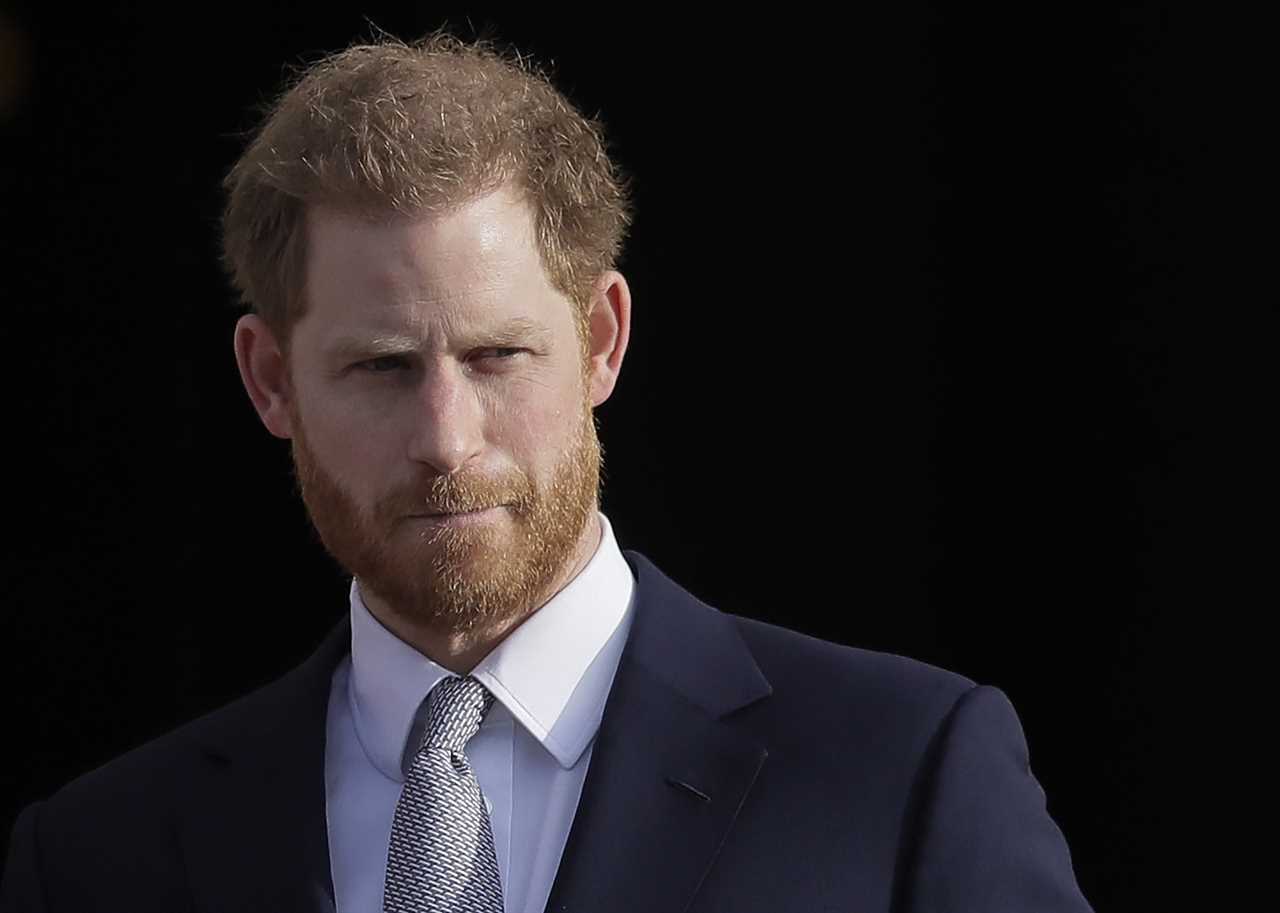
In a recent closed court session, Prince Harry expressed discontent over what he perceived as preferential treatment of other VIPs compared to himself, shedding light on a broader issue of inequality within security provision for public figures. The Duke of Sussex's legal battle to maintain 24-hour security post-Megxit underscores complex challenges faced by royals navigating security protocols in an increasingly volatile world.
The Wider Context: Security, Privilege, and Public Perception
Prince Harry's appeal to retain his security detail following its removal in the wake of his departure from royal duties raises critical questions about how security decisions are made for public figures, particularly those with high profiles. The revelation of discrepancies in treatment among VIPs highlights the subjective nature of security assessments and the potential for systemic biases to influence such determinations.
Unveiling Systemic Inequalities: A Closer Look at Security Provision
While Prince Harry's case may seem unique due to his royal status, it serves as a microcosm of broader issues surrounding security provision and privilege. The differential treatment he claims to have received compared to other VIPs underscores the need for transparency and consistency in security decision-making processes, especially when lives are at stake.
Intersecting Threats: Racism, Extremism, and Global Insecurity
Prince Harry's assertion of facing heightened risks due to "additional layers of racism and extremism" points to the complex intersection of personal security concerns with broader societal challenges. His experiences highlight the global nature of security threats and the necessity of nuanced approaches to ensuring the safety of individuals in the public eye.
Legal Battles and Moral Imperatives: The Role of the State in Security Provision
As Prince Harry navigates a legal appeal to reinstate his security detail, the implications extend beyond his personal circumstances to broader debates about the responsibilities of the state in safeguarding public figures. The resistance from the Home Office to his appeal raises questions about the prioritisation of security concerns and the ethical considerations underlying decisions that impact individuals' safety.
In a world where security threats are increasingly complex and multifaceted, Prince Harry's case serves as a poignant reminder of the challenges faced by public figures in balancing personal safety with public expectations. As the legal battle unfolds, it prompts us to reflect on the intricacies of security provision, the dynamics of privilege, and the evolving nature of threats in a rapidly changing world.






